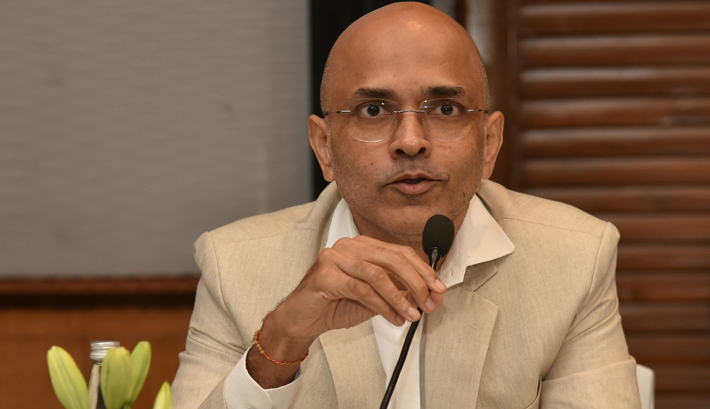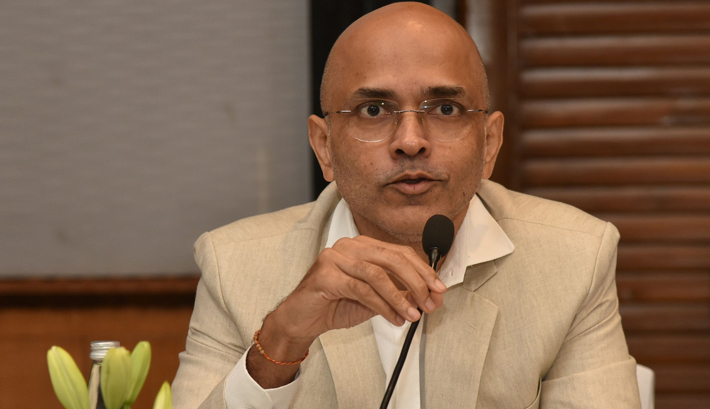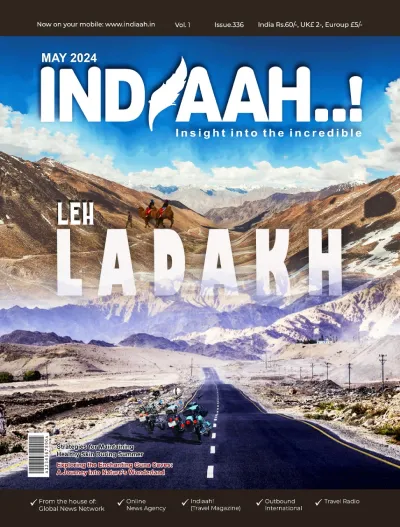
The Hotel And Restaurant Association of Western India (HRAWI) has raised strong objections to the Maharashtra government’s recent directive mandating AI-based CCTV systems in licensed hospitality establishments. The order requires hotels and restaurants to install advanced surveillance with real-time AI and machine-learning monitoring at entry points, a measure HRAWI considers costly, intrusive, and potentially ineffective for enhancing public safety.
HRAWI has formally appealed to Maharashtra’s Chief Secretary, Smt. Sujata Saunik, calling the directive “unreasonable” and “arbitrary.” The association argues that the government imposed the mandate without consulting industry stakeholders and that it poses a significant financial and operational burden on hospitality businesses. HRAWI expressed its openness to exploring alternative security solutions that would be more feasible and less invasive.
Pradeep Shetty, Honorary Secretary of HRAWI, emphasized the privacy implications of such extensive surveillance, particularly for high-profile and VIP patrons. “This is a significant privacy concern, especially for celebrity and VIP guests. Patrons come to our establishments for leisure and private business. These are unguarded moments that they spend with their family and friends. Videotapes of such moments, data storage, and transmission involve present cybersecurity risks, including exposure to ransomware or hacking,” Shetty stated. He added that the mandate could deter customers from visiting, potentially undermining the essence of the hospitality experience.
The financial implications of the directive also raise concerns, especially for smaller establishments. According to HRAWI’s Vice President, Chetan Mehta, installation costs alone could exceed Rs. 5 lakhs per establishment, with additional annual maintenance costs of approximately Rs. 75,000, excluding internet and data storage requirements. “This mandate is simply unaffordable for many small and medium businesses. Security is a state responsibility, and the cost of such a system should be borne by the State,” Mehta argued.
HRAWI also questioned the practicality and utility of real-time AI surveillance across Mumbai’s more than 5,000 establishments. Senior Vice President Nirav Gandhi argued, “Real-time AI monitoring is unmanageable and impractical. The vast data generated would be difficult to monitor in real time and would mostly be useful only in post-incident reviews.” Gandhi added that existing CCTV systems could already fulfill these requirements, making AI-based surveillance an excessive measure.
Beyond financial and operational concerns, HRAWI emphasized potential legal and ethical issues surrounding data privacy, particularly in light of the Digital Personal Data Protection Act, 2023. This law mandates customer consent for data usage and offers individuals the “right to be forgotten.” Shetty pointed out that any extensive data monitoring for security should be legally sanctioned and not implemented through an executive order.
HRAWI has urged the government to defer implementing the mandate, calling it an overreach that could foster a “Big Brother or Police State” atmosphere detrimental to customer trust and business viability. The association favors non-intrusive security measures, requesting that any new surveillance protocols respect privacy rights and be developed in collaboration with industry stakeholders.


